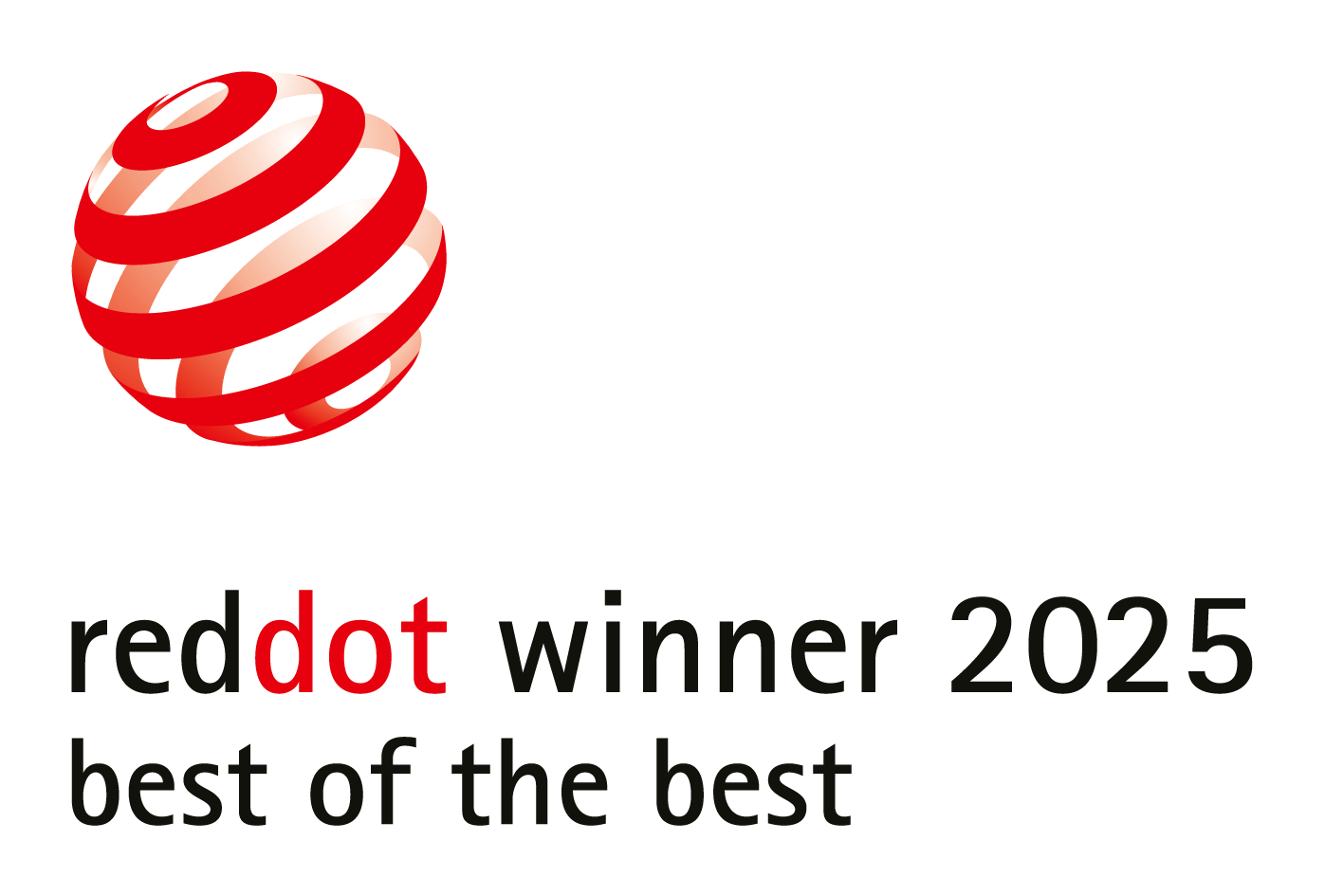Articles related to Information
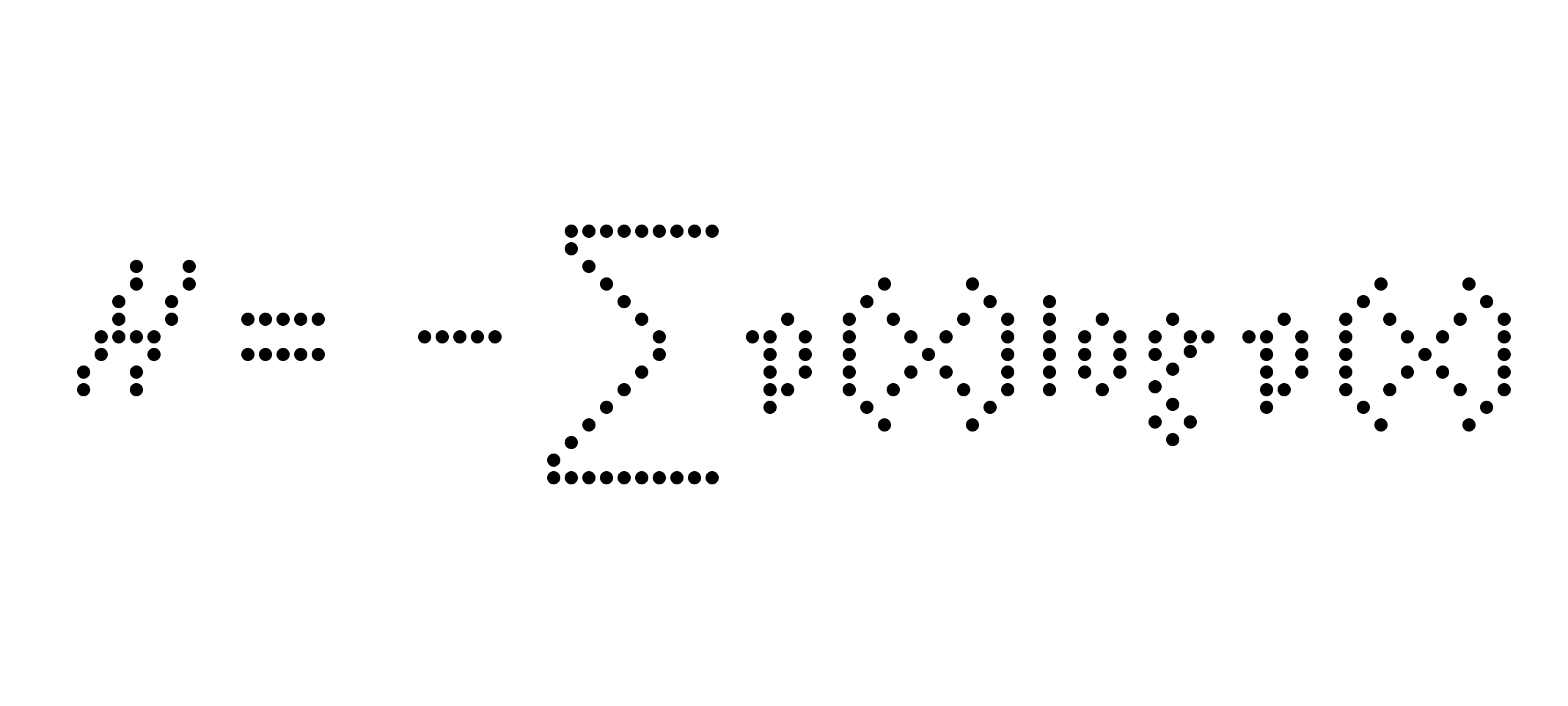
Information Entropy
The Great Internet Garbage Patch
Twitterror
How do you deal with erroneous tweets?
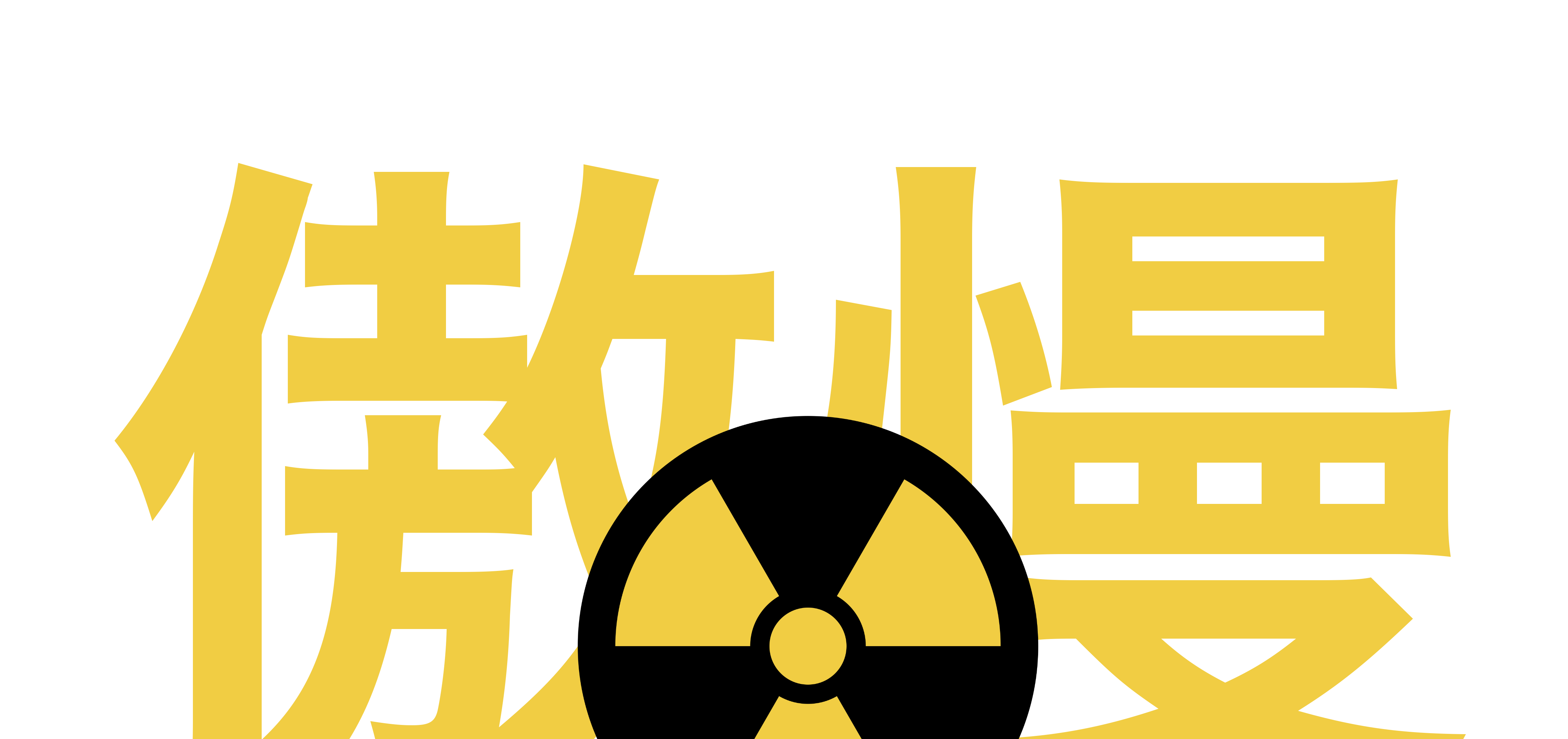
A Web Designer on Fukushima
Technology and Hubris
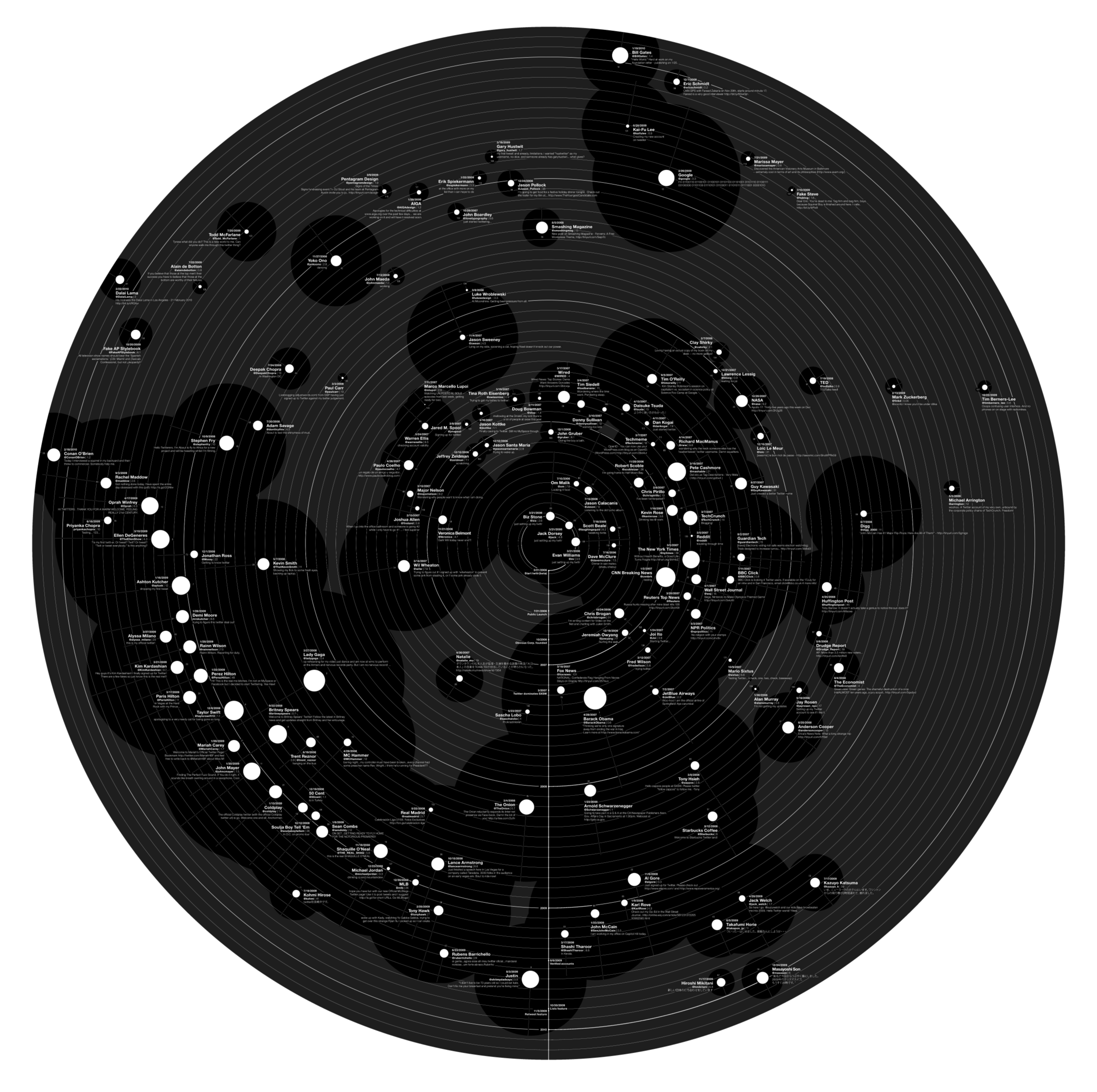
Cosmic 140
Art for Geeks

Cosmic 140
Per Anhalter durch die Twitter Galaxis

The Value of Information
The faster you entertain, the faster you must monetize
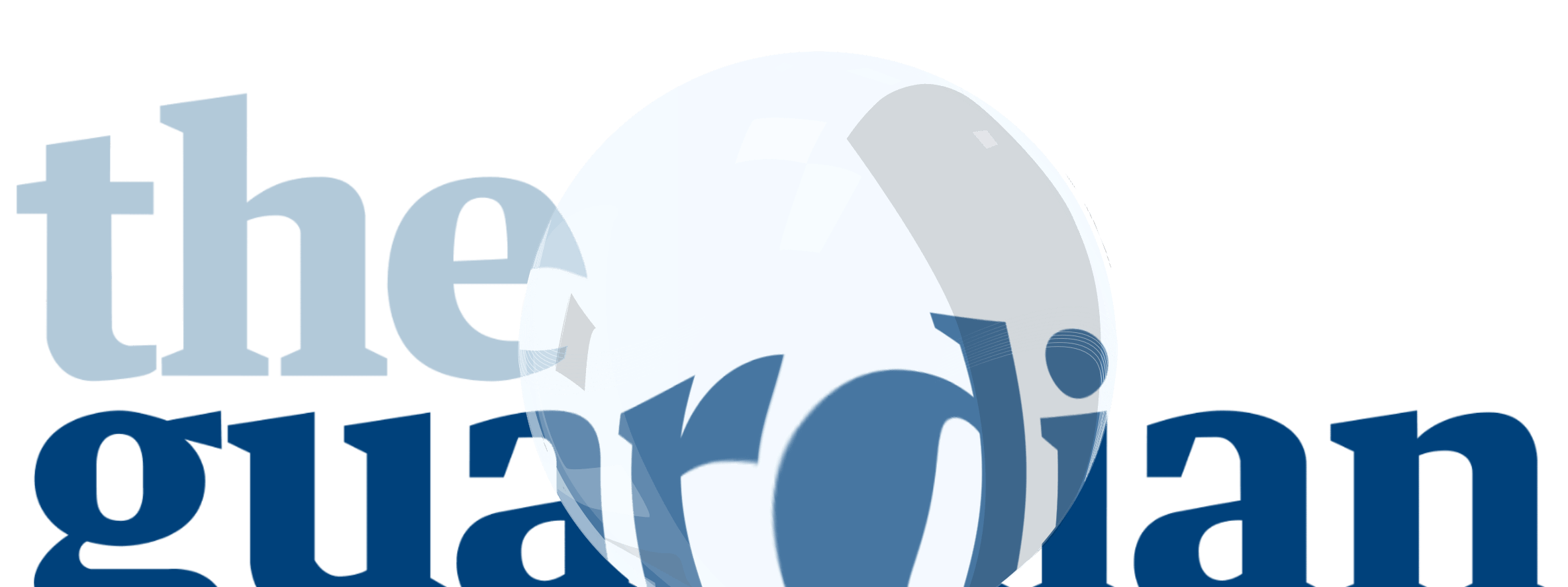
Future of Journalism
A little bit of everything, please

Social Media Marketing?
Kaboom, Baby!
Data Gourmet
Bon appétit
Predictions for 2008
Don’t take this too seriously
Looking Back on 2007
And a summer of love it was
Web Ad Spend Overtakes Newspapers
"This is our salvation." Is it?

Pushers and Spammers Should Pay
Postage stamps for emails
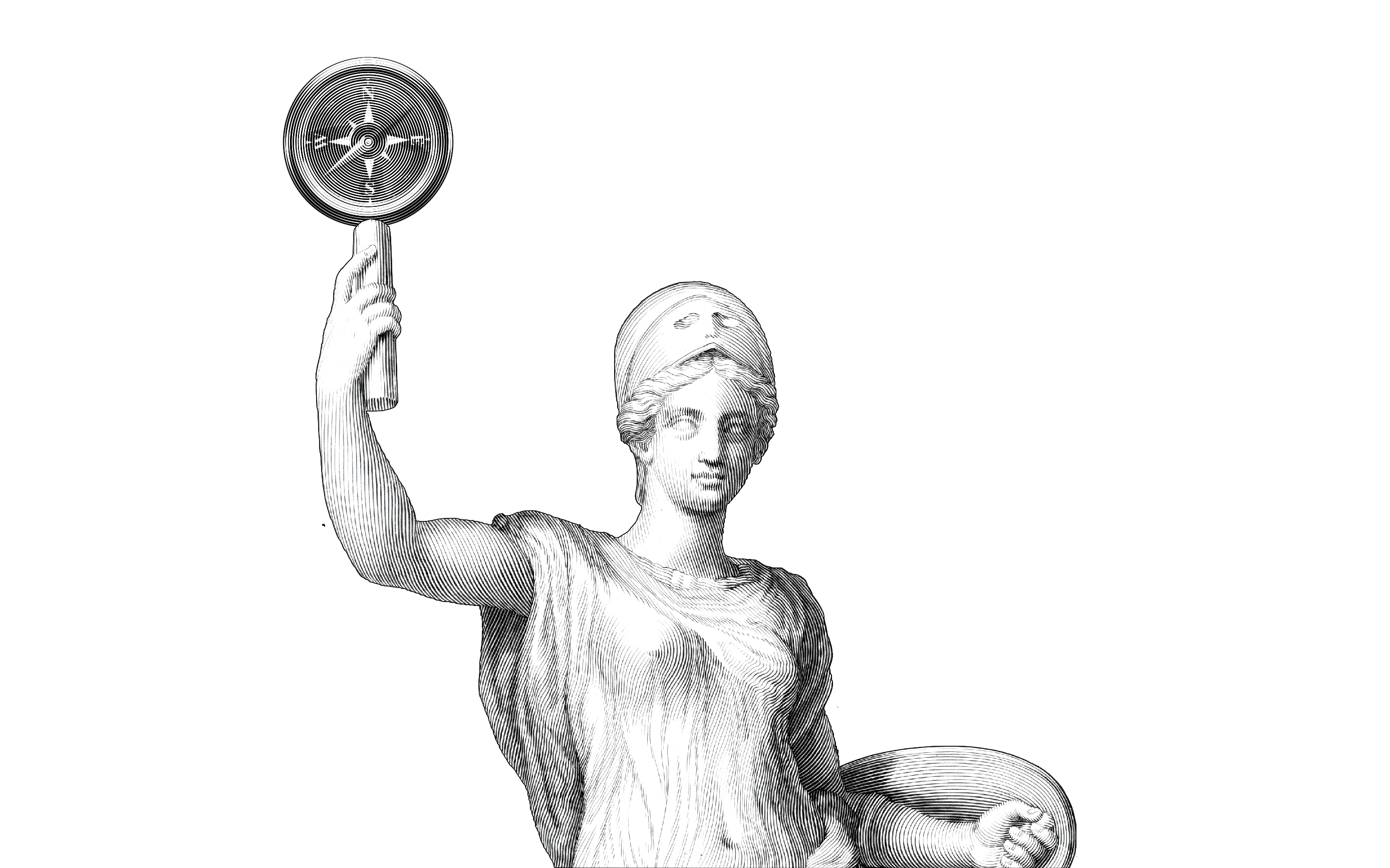
New Athens
The old Greeks brought me here
